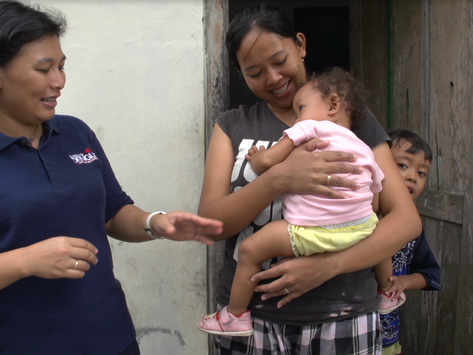
Published 12-08-2024
Copyright (c) 2022 Catherine Gough-Brady

This work is licensed under a Creative Commons Attribution 4.0 International License.
Abstract
One of my first tasks at the creative arts tertiary institution where I work was to examine the existing ethics processes and policy. As a result, I delved into the growing literature on creative practice research ethics to examine the ways in which academic ethics and creative practice research interact. A particular focus of this research became the human research ethics process, with its underlying principle of reduction of harm by the researcher on the individual researched person. This article examines that process and the tensions that arise between the underlying assumptions of university ethics, the realities of creative practice research, and existing industry moral codes. In particular, I explore whether ethics can be discipline specific, the effect of participant anonymity, using a rolling consent process, who the consent is between, and self-care of the researcher. I investigate these topics by reflecting on the experiences of researchers, including my experience. As a result of the discussion, I am led to the point where I challenge existing institutional research practices as pushing researchers into a colonial relationship with the researched.
